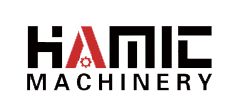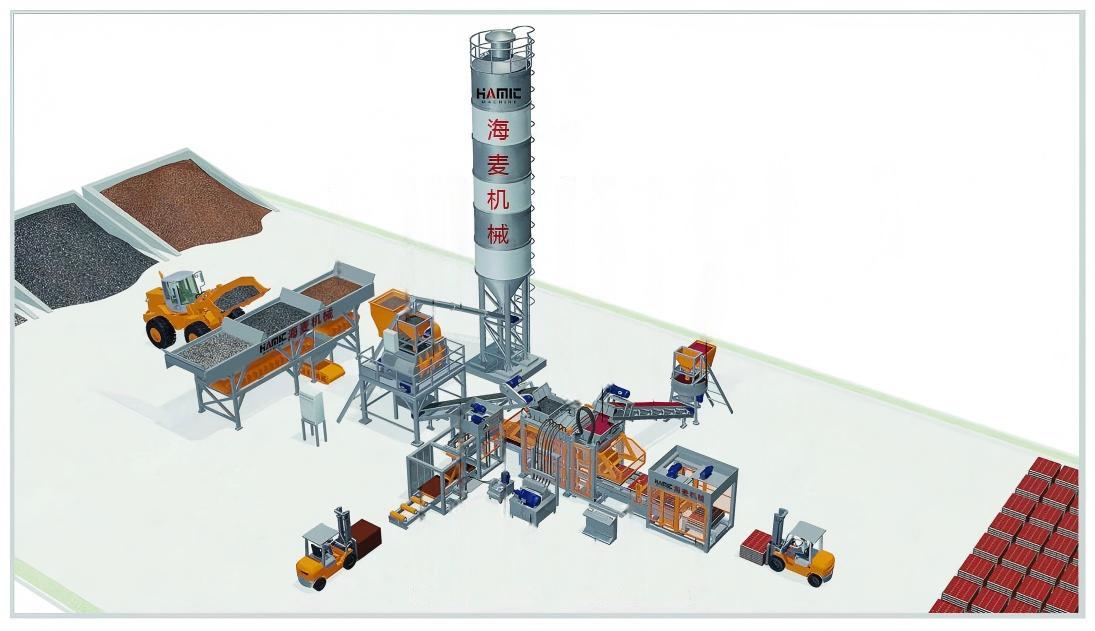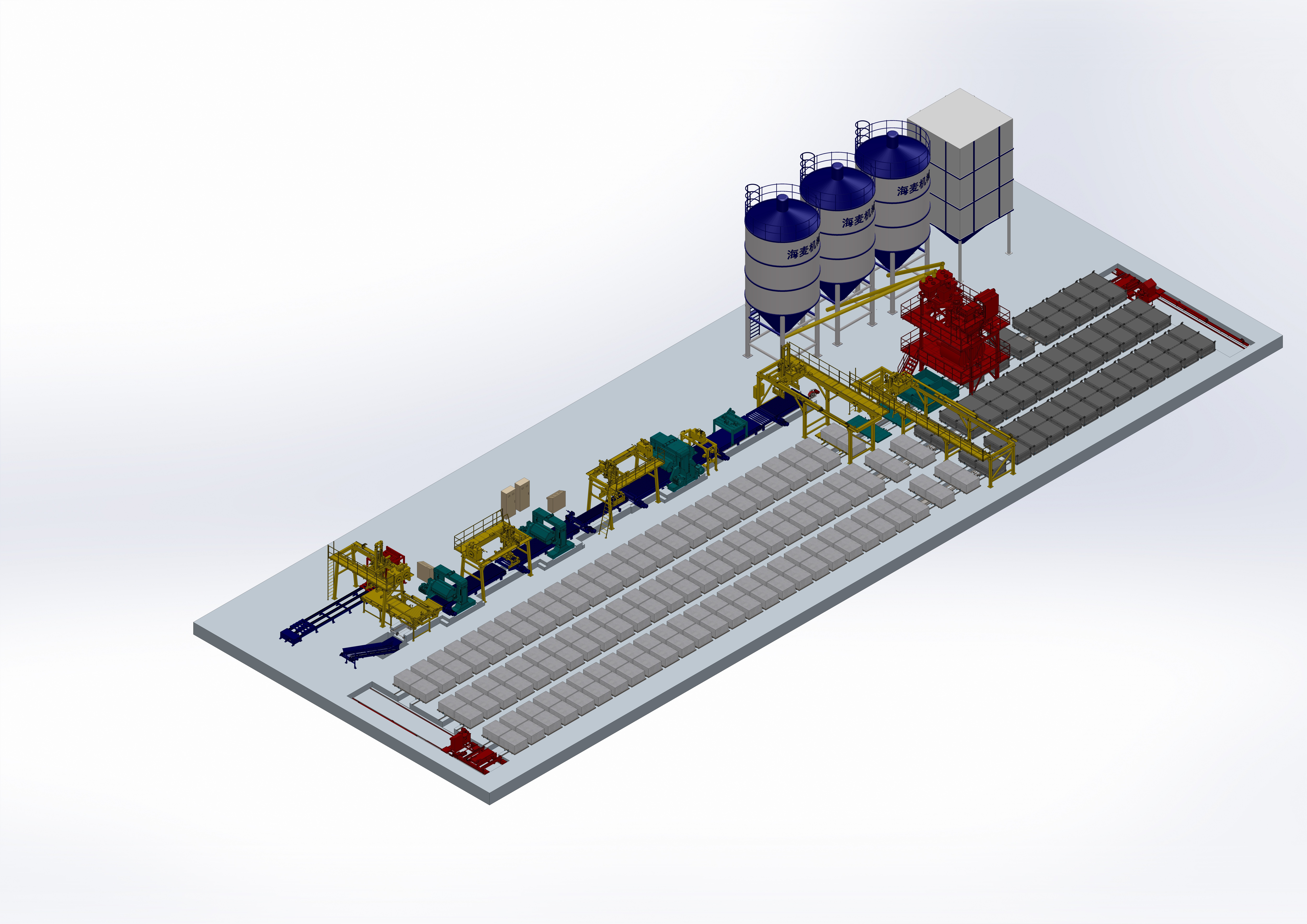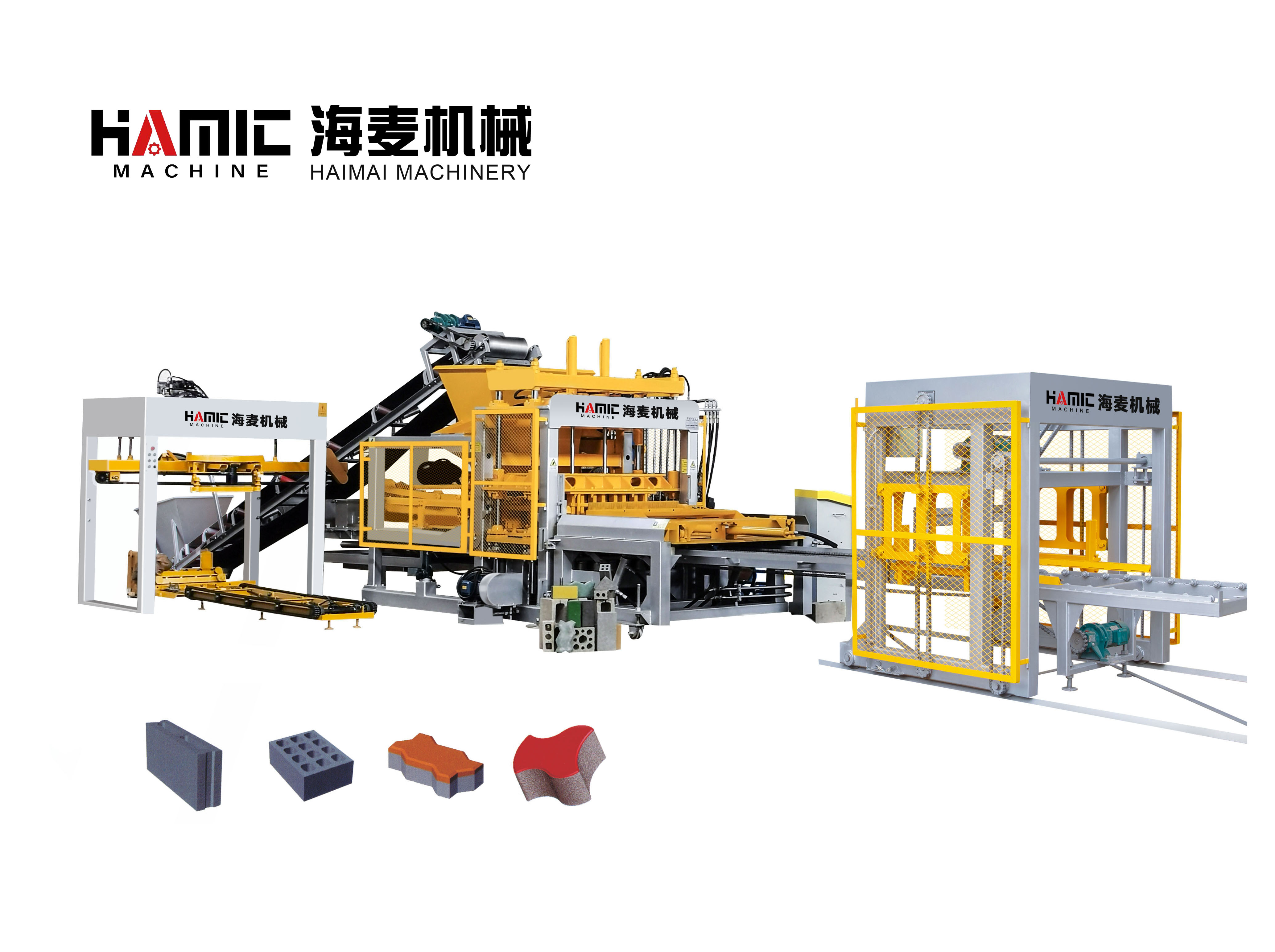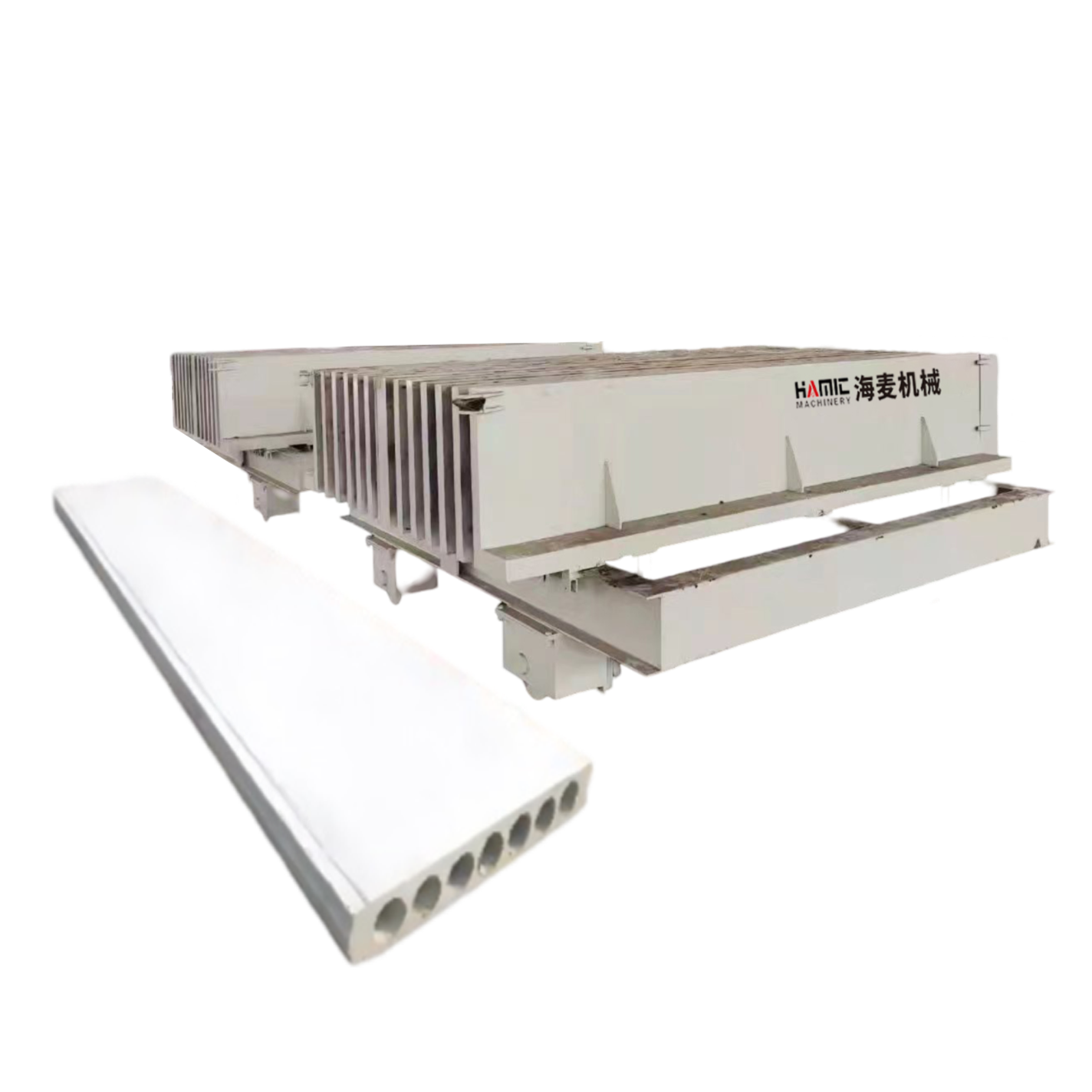What Is a Lightweight Brick Production Line and How Does It Work?
Introduction to Lightweight Brick Production Line
A lightweight brick production line is designed to manufacture lightweight blocks or bricks used in modern construction. These bricks are popular because they are strong yet easy to handle, making them a preferred material for walls, partitions, and even insulation projects. The production line provides a complete solution, automating most steps so that factories can produce large volumes with consistent quality.
Basic Functions of the Production Line
The main role of a lightweight brick production line is to turn raw materials into finished lightweight bricks. Its core functions include:
-
Raw Material Feeding – Cement, fly ash, sand, or other aggregates are precisely measured and fed into the mixer.
-
Mixing – All ingredients are blended uniformly to create the right consistency.
-
Molding – The mix is poured into molds where vibration and pressing shape the bricks.
-
Curing – The bricks undergo curing to achieve required strength.
-
Stacking and Packaging – Finished lightweight bricks are automatically stacked and prepared for delivery.
Every step is streamlined to reduce manual work and improve efficiency.
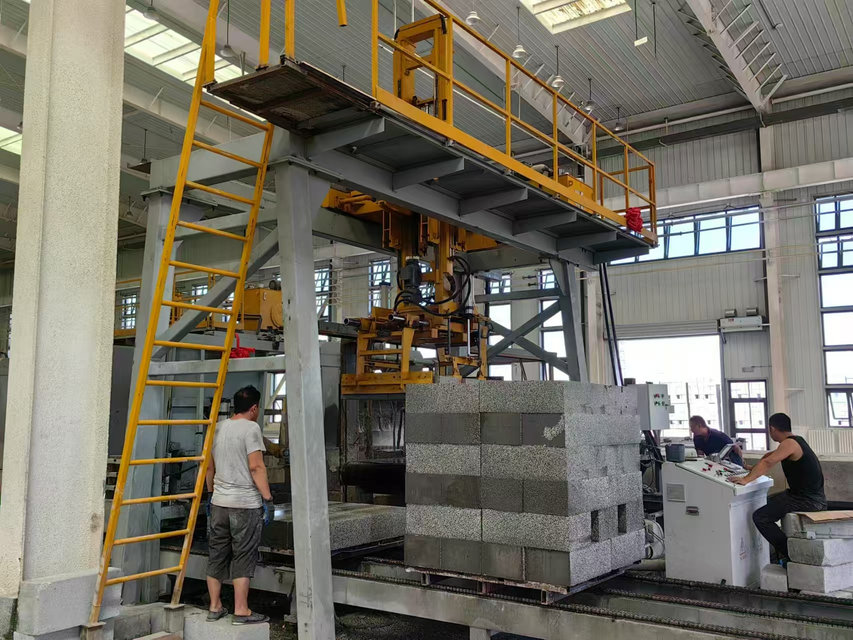
Why Lightweight Bricks Are Important
Lightweight bricks have become more and more common in the construction field. They offer:
-
Reduced Weight – Easier to transport and install.
-
Good Thermal Performance – Helps in energy saving for buildings.
-
Strong Durability – Resistant to weathering and cracks.
-
Eco-Friendly – Often produced using recycled or industrial waste materials.
That’s why contractors and developers are paying more attention to lightweight brick machines.
Advantages of Using a Lightweight Brick Production Line
Compared to traditional brick making, a lightweight brick production line has clear advantages:
-
High Output – Can produce thousands of bricks per day.
-
Consistent Quality – Each brick meets uniform standards.
-
Labor Saving – Most processes are automatic.
-
Flexible Application – Different molds allow production of bricks with various sizes and designs.
Simply put, it’s a reliable solution for construction companies aiming for both efficiency and quality.
Choosing the Right Supplier
When investing in such equipment, it’s important to choose a trusted manufacturer. A good supplier ensures stable machine performance, durable components, and technical support after installation. This gives customers peace of mind to run their projects smoothly.
The lightweight brick production line is not only a machine, but also a smart investment for modern construction businesses. With its functional design, energy-saving benefits, and ability to deliver consistent quality, it helps contractors meet the growing demand for lightweight building materials.


